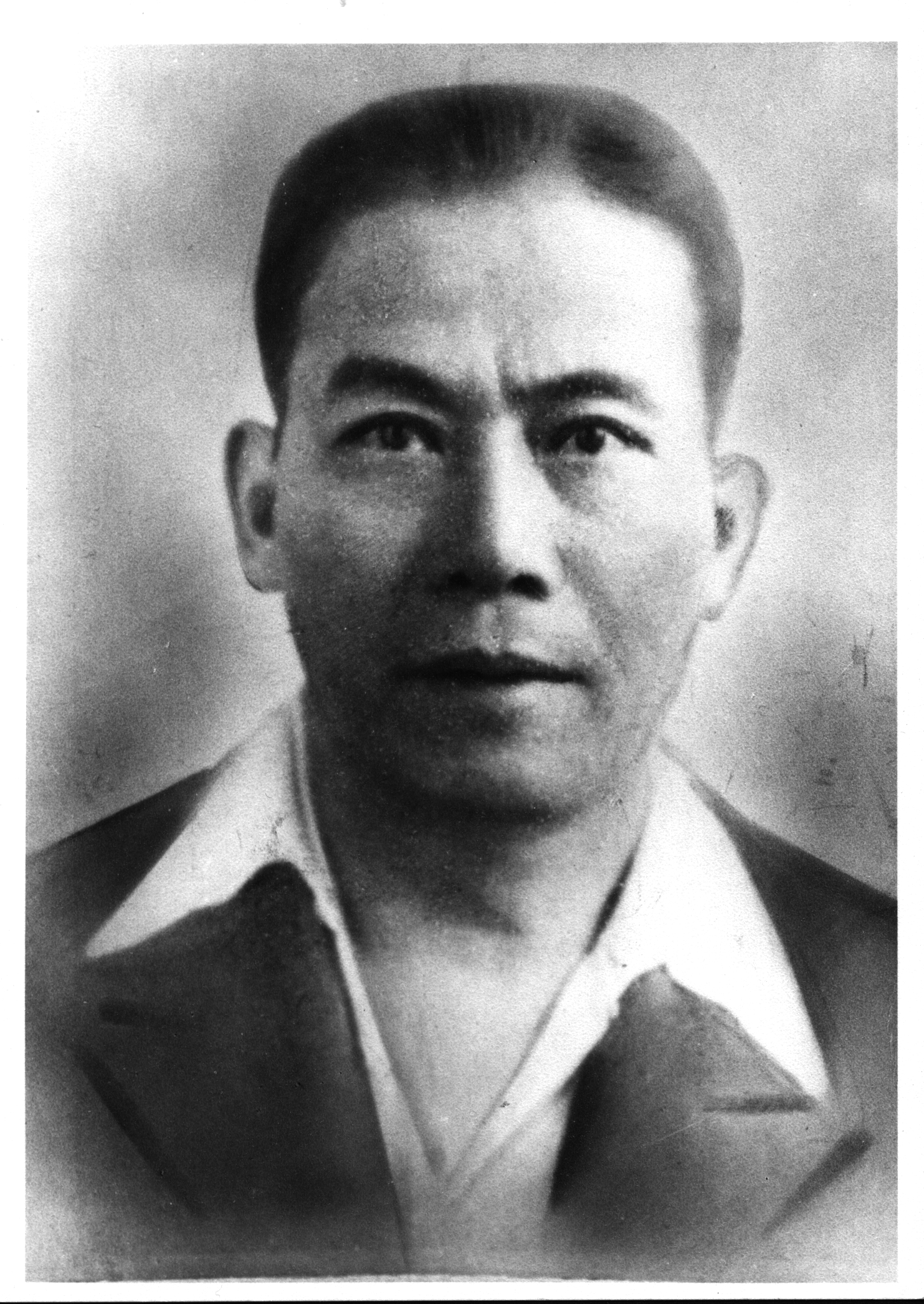Mother once told me that my Chinese grandfather had been a district magistrate in Yunnan. His brother had been involved in an anti Manchu plot which was discovered. In China, there was a rule that if one member of a family was guilty all the others were condemned, so he fled to Hong Kong to be safe under British protection. She also said that my father, Chow Sing, came to England with money to be educated, but on arrival he went into a Gambling house and lost all the money, so he went to sea.
He found sea work badly paid, so returned to shore and worked as a boarding house manager for The Blue Funnel Line. Chinese crews were allowed on shore, but were supposed to be kept together. When he was taking a crew to South Shields he usually wore riding breeches and leggings. He also carried a cosh when he was carrying money, although he was highly skilled in martial art.
Dad was well educated and was fully literate, which is a much more serious business in China. He was very highly respected in the Chinese community. When he came to England he was a member of the Tung Meng Hui , an anti-Manchu society. He later met Sun Yat Sen in Liverpool when he was touring to obtain funds for revolutionary activity. Later when Sun Yat Sen founded the Guo Min Dang he joined and remained a member all his life.
Mother said that in 1911, when the Manchu dynasty was overthrown, he cut off his pigtail, went on the ferry, and threw it into the river. She said the pigtail was about three feet long.
When we lived in 91 Pitt Street there was a stable at the back where we had a wagon and a trap for the horse. It was a two storey building, so the hay for the horse could be handed down from above. At the front of number 91, there was a small shop with a stock of sweets and cigarettes. Unfortunately, mother thought all the receipts were profit, so the shop did not prosper.

